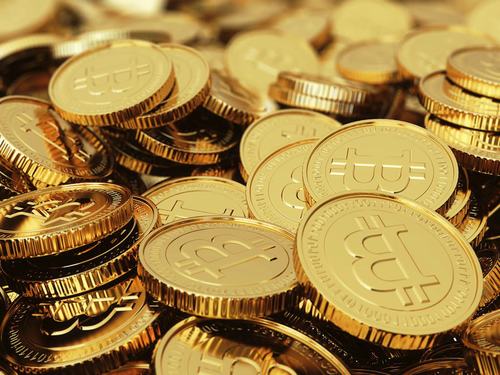Payment Probability
 Jane carries a credit card which pays in
Bitcoins
. Her card currently holds Bitcoins of two different values:
10
and
5
.
Jane carries a credit card which pays in
Bitcoins
. Her card currently holds Bitcoins of two different values:
10
and
5
.
There are 6 coins of value 10 and 4 coins of value 5 (thus, a total of 10 coins). A credit card is allowed to give only one bitcoin at a time. When anyone swipes the credit card, the card picks out a bitcoin out of its pool at random and pays. In total, Jane's card pays 2 bitcoins, one by one.
A vending machine will only accept Jane's payment if the second coin payed is of value 10.
What is the probability that Jane's payment will not be accepted?
Note: Once a bitcoin has been picked to be payed, no new bitcoins replace it in the credit card.
This section requires Javascript.
You are seeing this because something didn't load right. We suggest you, (a) try
refreshing the page, (b) enabling javascript if it is disabled on your browser and,
finally, (c)
loading the
non-javascript version of this page
. We're sorry about the hassle.
The best method for this is to draw a probability diagram.
Probability of getting the first Bitcoin as value 10 = (6 / 10)
Probability of getting the first Bitcoin as value 5 = (4 / 10)
Probability of getting the second Bitcoin as value 10 = (5/ 9)
Probability of getting the second Bitcoin as value 5 = (3 / 9)
The combinations which will not be accepted are: (10, 5) and (5, 5) - since in these two, the second payment is NOT 10
Therefore, probability of rejection = ((6 / 10) * (4 / 9)) + ((4 / 10) * (3 / 9)) = (36 / 90)
This fraction, simplified, yields 0.4 as the probability. Thus the answer is 0.4